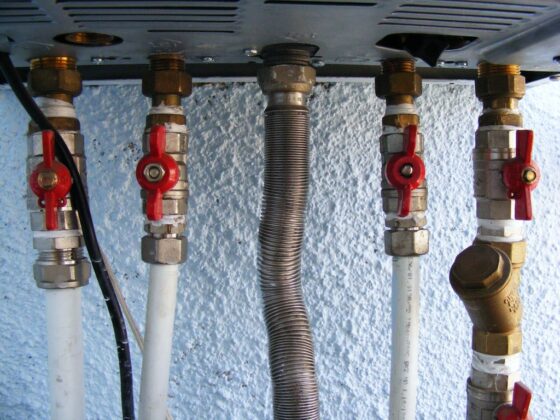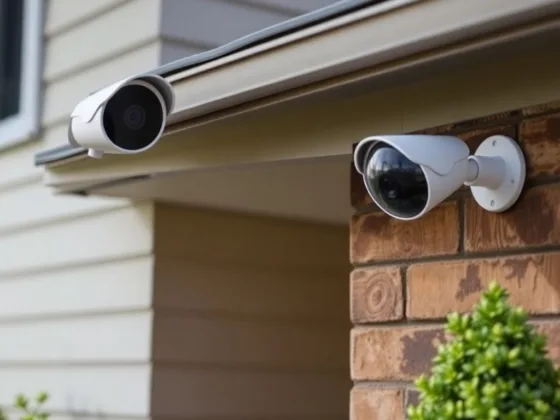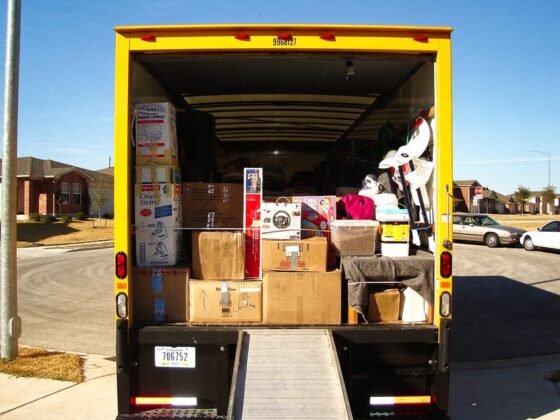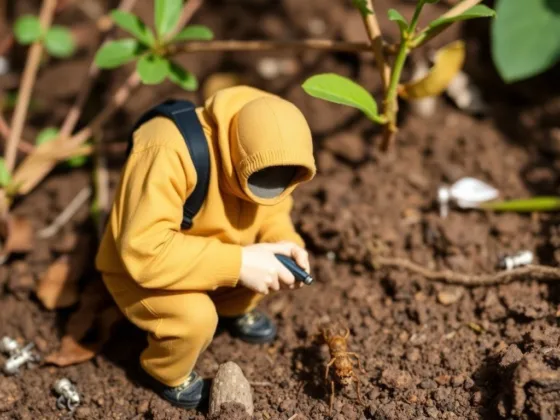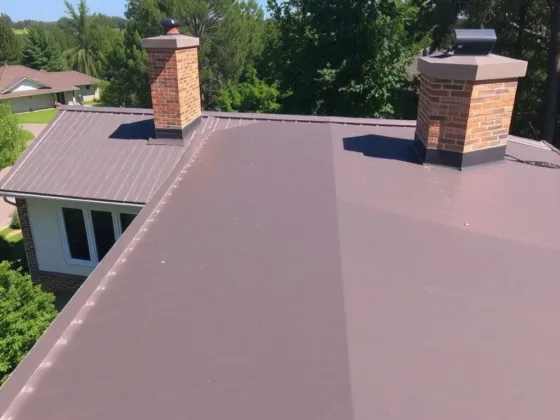Table of Contents Show
At every step of the process, Landmark Inspections at the new home and its inspectors are there to make sure your house is constructed to the greatest standards of sturdiness and safety.
One of the most important steps of any home buyer’s journey is a home inspection. Not only does a home inspection signify the deal is almost done, but it is the last opportunity to uncover any problems before purchasing your new home.

Why is a Home Inspection Important?
Depending on the issues you uncover, a proper home inspection can help you determine whether or not you should renegotiate your deal or back out of it altogether.
At the same time, if you don’t discover any issues with your new home, the right home inspection will provide you with a detailed homeowners report to assist you with maintenance schedules and checklists.
While home inspections can be an exciting experience, it is essential to properly prepare ahead of time to get the most out of your inspection. The best way to prepare for your first home inspection is to develop a strong understanding of what the home inspector will be looking for.
So if you are in the process of buying a new home, here is everything the home inspector will be examining on home inspection day.
Exterior
One of the first things a home inspector will be looking for is any issues with the exterior of the home. They will determine the condition of the siding, how the windows are sealed, and whether or not the house is properly painted.
On top of cosmetic issues, the inspector will also be looking for any possible dangers such as the presence of mold and asbestos.
Read Also:
What is Asbestos?
While asbestos is used in a variety of construction materials like roofing, siding, cement, and insulation, due to its strength and heat resistance, it can be dangerous if it is disturbed and released into the air.
According to the United States Environmental Protection Agency, asbestos exposure can lead to lung diseases like lung cancer and mesothelioma. If you have been exposed to asbestos after a home inspection, consider reaching out to a mesothelioma lawyer to get the help you need.
Roof
Along with the exterior of the home, the inspector will check the roof for any damages like missing shingles, damaged flashing, and chimney issues. They will also make sure the gutters and downspouts are properly attached.
Foundation
Home inspectors will also carefully inspect the foundation. They will make sure there are no significant cracks and check if any intrusive tree roots are approaching the foundation.
The Lot
Home inspectors inspect more than the house structure. They will also check the condition of the deck, the trees around the property, and if the stair railings are secure. They will also make sure the land is properly pitched and drained to avoid any water pooling around the house.
Interior
After checking the exterior for any issues, the inspector will move inside. They will check the ceilings, walls, windows, and pipes to make sure there is no evidence of any leaks. They will also check the condition of the floors and the baseboards around the walls.
Electrical
When it comes to electrical issues, home inspectors will examine everything from the light switches to outlets, panels, wiring, and the circuit breaker.
Plumbing
Home inspectors will also make sure all the plumbing is up to code. They will examine the condition of the water fixtures throughout the home, the water heater, and the sewer line. They will also make sure every sink tub and shower is properly installed and drains water the way it is supposed to.
Appliances
The inspector will also make sure appliances like the dishwasher, refrigerator, stove, and garbage disposal are all working properly.
Heating and Cooling
Home inspectors will also check to see if the heating and cooling systems work the way they are supposed to. They will also make sure the furnace is not outdated and check if the air filters are properly cleaned.
Attic
Home inspectors will check the attic to make sure there are signs of leaks or significant holes where pests can enter from the outside. They will also ensure the attic is adequately insulated.
Basement
Last but not least, they will check the basement to make sure there are no signs of mould or moisture by looking for musty odours. Like the attic, home inspectors will also make sure no pests can enter through the basement and ensure it is properly insulated.
Ask Questions
When it comes to inspection day, don’t be afraid to ask the inspector questions. Remember, you are the one deciding to purchase the home or not, so it is essential to be as comfortable as possible and have a full understanding of any issues that may arise.
